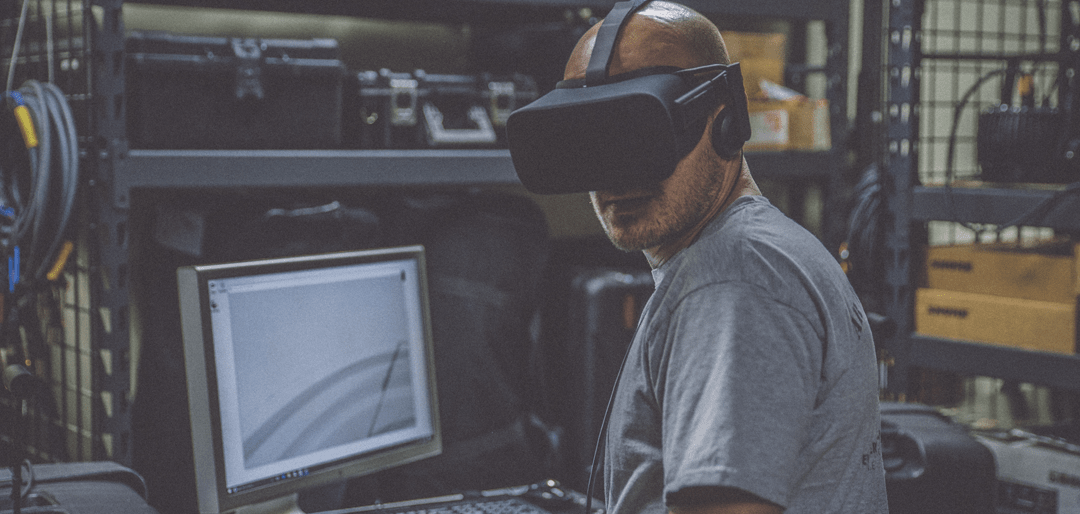It shouldn’t come as too much of a surprise to learn that, for the team behind Dorico, the intersection of music and technology is rich with ground-breaking potential – and music education is one of the fields that could stand to benefit the most from these new possibilities.
Here, we explore the ways in which technologies from tablets to composing software have already transformed the way that we teach music, and look ahead to what the future of music technology might bring for education.
How Technology Has Changed Music Teaching
According to the US National Association for Music Education, 74% of teachers feel that technology effectively supports and expands the curriculum, as well as increasing the motivation of students [1].
In recent years, these technologies have become increasingly mobile – in 2014 it was estimated that 70% of all secondary schools in the UK used tablet devices and teaching apps in the classroom [2]. As well as more general organisational and note-taking apps like Evernote and Google Classroom, there are also numerous apps aimed specifically at music education – including digital tuners, pitch correcting tools and various cloud-based resource libraries.
In addition, it has become increasingly rare throughout the years to find a music department in the UK without some form of music scoring software. As we’ve discussed before, access to an intelligent, intuitive programme like Dorico allows teachers to prepare detailed teaching material and lesson resources, as well as providing an ideal tool for students to learn and explore musical concepts and techniques.
The Future of Technology in Music Classrooms
With so many avenues for tech innovation currently being explored, it is debateable where the next revolutionary turn in music teaching will come from. One area that has been suggested is the field of virtual and augmented reality, which could offer up new possibilities for engaging students through fully immersive, interactive methods.
However, the field of technology which arguably presents the most significant potential for change in music education is AI. The education technology company Third Space Learning, in partnership with University College London, is currently conducting research into how AI can most effectively be integrated into classrooms to improve teaching and student performance [3].
AI programs like Aiva, which is capable of creating its own musical compositions with minimal human input, have generated much speculation about what the future holds for human musicians [4]. This speculation has tended towards big, abstract and philosophical questions about the nature of music itself – but this technology could prove to have a more practical application in music classrooms. AI tools that effortlessly generate basic musical frameworks and complex mock-ups of completed work could be used for students to develop an understanding of the most essential musical concepts, and allow them to experiment with new ideas.
Just as the advent of modern computer technology and music writing software democratised the process of creating music, the current generation of emerging technologies have the potential to transform music education for the better – if we implement them correctly. It is important to focus on technology that can effortlessly support the work of music teachers and enhance the learning experience in tangible, innovative ways.
[1] https://nafme.org/how-technology-is-being-used-in-music-classrooms/
[2] http://www.bbc.co.uk/news/education-30216408
[3] https://venturebeat.com/2018/02/15/ai-could-be-the-future-maestro-of-music-education/
[4] https://futurism.com/a-new-ai-can-write-music-as-well-as-a-human-composer/

